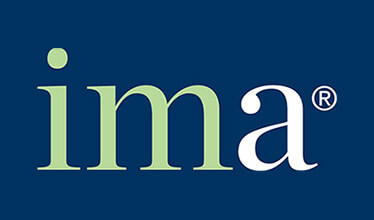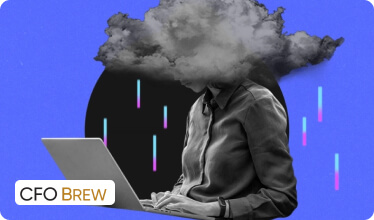In his address at the Munich Security Conference this year, Dr.Tedros Ghebreyesus, Director-General of WHO noted, “We’re not just fighting an epidemic; we’re fighting an infodemic. Fake news spreads faster and more easily than this virus, and is just as dangerous.”
Billions of people around the world are turning to the internet to find more information about COVID-19. And the search engines do not disappoint. A simple search on Google, for instance, throws up over 3 billion results in less than a second. Many of these results can be classified as ‘infodemic’ – excessive information (often misleading) about a problem that makes achieving the solution more difficult.
But in our zeal to acquire more information about the pandemic, many of us overlook the fact that COVID-19 is a previously unknown virus. Until it’s outbreak in Wuhan, China in December 2019, the disease and its implications were unknown. Scientists and researchers around the world are working hard to understand the behaviour of the infection and find a vaccine.
Obviously, the trajectory is still evolving. But one thing is for sure: the pandemic is the harbinger of a new future; a future which will be unlike anything that we are accustomed to. Here is what we can do to build the post-COVID-19 world on the foundations of veracity, positivity and amity.
Real information versus false information:
Our WhatsApp inboxes and Facebook walls are bombarded with supposed cures and tips to avoid and cure the infection. A lot of this information is false and inaccurate. Although well-intentioned, this type of disinformation is anything but helpful. In fact, it can aggravate the tragedy further. Unfortunately, the barrage of misinformation is unlikely to stop in the future.
To protect ourselves and our loved ones, we must differentiate between real and fake news. It is critical to refrain from confirmation bias (the tendency to search, interpret and favour information in a way that confirms or strengthens one’s prior personal beliefs). Global organizations such as the UNESCO and World Economic Forum have launched campaigns to help identify false information and avoid the COVID-19 infodemic.
Focus on the positives:
Like any disaster, COVID-19 has become fodder for unabated negativity. Our news streams are filled with death counters and stories of doom and dismay from around the world. Feeling overwhelmed, emotional and anxious is a natural reaction – especially when we are tuned into news 24/7. While negativity bias is a survival instinct, in times like these, it is imperative for us to focus on the positives.
Look around: the tragedy has seen unprecedented incidents of kindness and cohesion. Spontaneous expressions of solidarity in Italy saw people sing and dance from their balconies. In India, state-endorsed gestures of camaraderie took the form of millions clapping and lighting lamps to show their appreciation for the COVID-19 frontline workers. Colonel Tom Moore, a World War II veteran who has raised over £20 million for the National Health Services (NHS) in the United Kingdom, is another instance of inspiration.
Know when to stop:
The quarantine period has led to many of us to indulge in excesses. We’ve watched our favourite shows on days to end while binging on junk food. We’ve read and re-read books that were gathering dust in our books shelves all these years. We’ve exhausted our to-watch playlist of webinars and deep-cleaned our houses. Typically, these behaviours are our coping reactions to deal with pandemic anxiety and quarantine boredom. Given that social distancing will be the norm in the post-COVID-19 world, many of these habits could continue in the future.
Remember, anything done in excess adversely affects not only our personal well-being but also decision making, innovation, and productivity. Creating a healthy routine is one way to counter excessive behaviour. Another approach would be to channelize your boredom to accomplish goals like learning a new skill. Take some time to introspect and reflect. Our goal should be to attune to the reality of the post-COVID-19 world.
Believe in each other:
COVID-19 will have a lasting impact on the dynamics of relationships. Physical distancing will be the norm in the post-COVID-19 world. The fear of contagion will restrain our desire to socialize– thus impacting the way we work, live and play. Work from home and remote learning will be the new normal in this world. The best way to navigate the disruptions is by being together. It is essential to recognize this version of reality is unchartered territory for all of us – at personal and professional levels.
Leaders need to foster a feeling of co-operation and collaboration among team members. Family members should be accommodative as everyone gets accustomed to the new rhythms of life. The virtues of trust, optimism and understanding will be fundamental for us to emerge stronger from the crisis.
Let us trust our scientists, medical fraternity and frontline workers more than every bit of information floating around as news or social media posts. Let it be our contribution in handling this pandemic with a sense of maturity, positivity and faith that this too shall pass.











